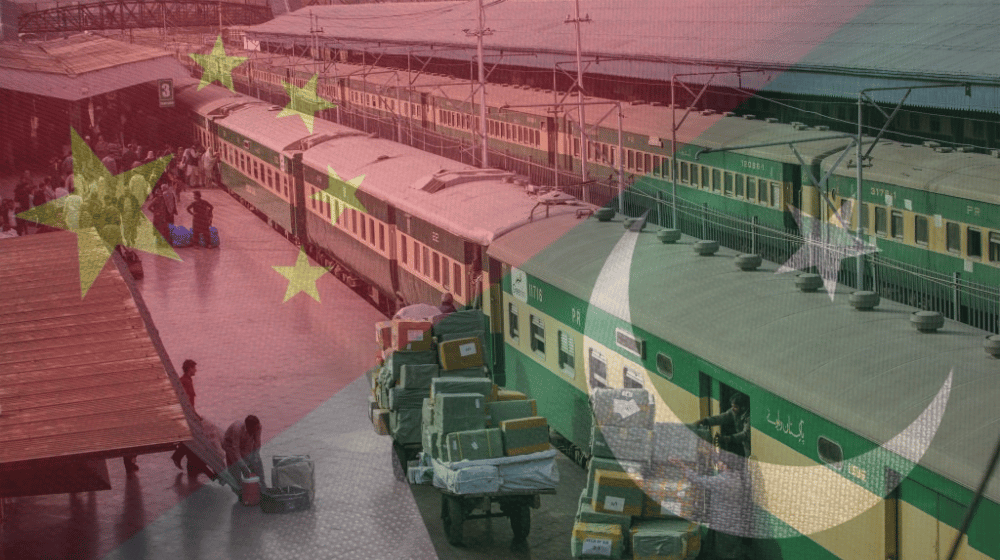
China has proposed to build its most expensive Belt and Road Initiative (BRI) to date, a $58 billion railway system in Pakistan to reduce the reliance on Western trade routes, according to a research paper commissioned by China earlier this week.
The $57.7 billion ( 400 billion Yuan) plan was reviewed by analysts from the state-owned China Railway First Survey and Design Institute Group Co Ltd. The 1,860-mile rail system will connect Pakistan’s port of Gwadar to the Chinese city of Kashgar in the Xinjiang Uygur autonomous region and has the potential to reshape not only trade but also geopolitics.
The Chinese team of analysts said in a report, “The government and financial institutions should provide strong support, increase coordination and collaboration among relevant domestic departments, strive for the injection of support funds and provide strong policy support and guarantees for the construction of this project”.
The same team of analysts has previously assisted with the Jakarta-Bandung high-speed rail line in Indonesia, Asia’s first high-speed rail system, which is set to open in June this year.
In any case, the proposed rail system connecting Pakistan and China will link the world’s largest manufacturer with the Arabian Sea, allowing for more direct trade routes and fruitful macro-exposure to Pakistan’s developing industries. According to the South China Morning Post, it is also expected to encourage additional train systems that could connect China to Turkey and Iran, significantly opening up direct access to the regions.
The trade routes are just one part of Beijing’s larger BRI, which aims to cement China’s position as a world superpower and encourage global trade dominance.
The initiative also seeks to redirect Pakistan’s focus away from trade routes dominated by Western competitors in order to better improve China’s economic goals and perhaps diminish Western power – a move that top autocratic nations such as Russia and Iran have been eager to promote as geopolitical tensions rise.